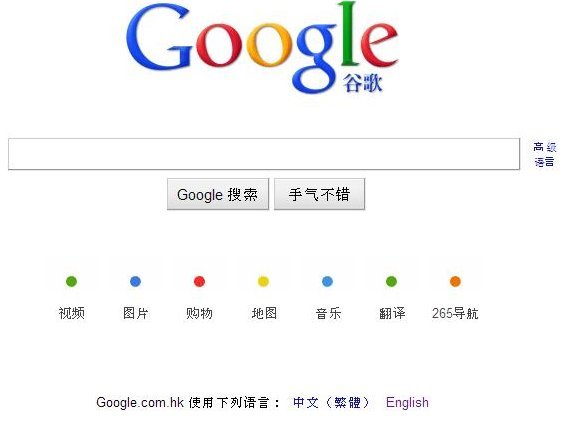 Our own Professor Bob Hillman and his collaborator Professor Maureen O’Rourke of the Boston University School of Law have a forthcoming article on the law of software contracts, which is available on SSRN’s Legal Scholarship Network (LSN). Professors Hillman and O’Rourke are not new to the topic: they are the Reporter and Associate Reporter for the American Law Institute’s (ALI) Principles of the Law of Software Contracts. The Principles have been years in the making with a discussion draft submitted to the ALI back in 2007. ALI membership unanimously approved the final draft in May 2009. The current law of software contracts is a messy patchwork drawing from federal intellectual property law, common law, and Article 2 of the Uniform Commercial Code. Thus, the Principles project seeks to “clarify and unify the law of software transactions” by addressing issues of contract formation, enforcement of terms, automated disablement, and contract interpretation, among other issues.
Our own Professor Bob Hillman and his collaborator Professor Maureen O’Rourke of the Boston University School of Law have a forthcoming article on the law of software contracts, which is available on SSRN’s Legal Scholarship Network (LSN). Professors Hillman and O’Rourke are not new to the topic: they are the Reporter and Associate Reporter for the American Law Institute’s (ALI) Principles of the Law of Software Contracts. The Principles have been years in the making with a discussion draft submitted to the ALI back in 2007. ALI membership unanimously approved the final draft in May 2009. The current law of software contracts is a messy patchwork drawing from federal intellectual property law, common law, and Article 2 of the Uniform Commercial Code. Thus, the Principles project seeks to “clarify and unify the law of software transactions” by addressing issues of contract formation, enforcement of terms, automated disablement, and contract interpretation, among other issues.
Now, while software and software law may seem mundane in today’s digitally-driven world, the Principles have not been without controversy, especially in the areas of indemnification and warranties. Specifically, section 3.05, “Other Implied Quality Warranties,” has garnered attention. The section creates a non-excludable implied warranty that “the software contains no material hidden defects of which the transferor was aware at the time of the transfer.” Software providers have expressed concern over the phrase “material hidden defects” and the meanings of the individual words. There is a fear that litigation against them will increase. Professor Hillman addresses the issue of section 3.05 in a thorough blog post last summer. It is worth a read and there are several comments that readers should consider, too. They highlight the notion that exciting controversy is not just the domain of constitutional law cases at the Supreme Court!







